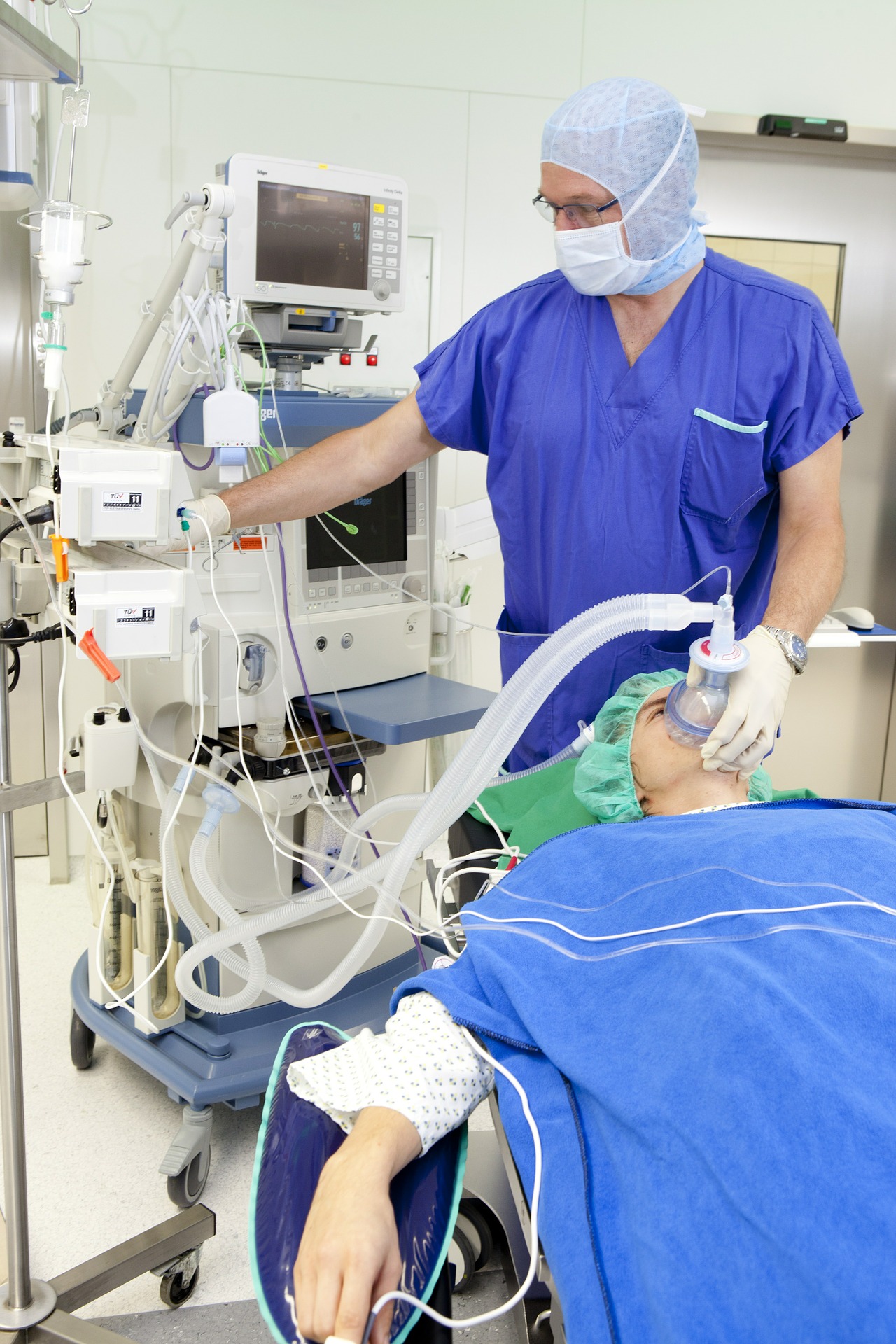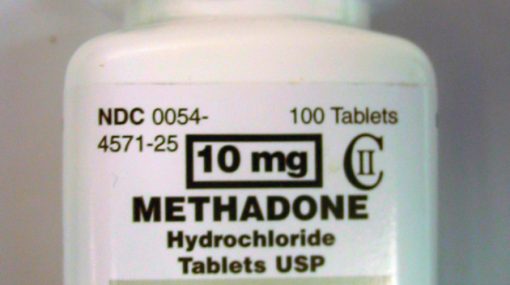Does Rapid Methadone Detox Really Work?
It has been believed since the creation of the rapid method of opioid detox that this program can help patients kick the habit of addiction faster and more painlessly. Unfortunately, studies have shown that this is not the case, and that rapid methadone detox––as well as other types of rapid opioid detox––does not work. If you are looking for safe, reliable addiction treatment, call 800-994-1867Who Answers? today.
What Is Rapid Methadone Detox (And How Does It Work)?
An ultrarapid detox technique was developed in the early 90s in order to help patients go through detox from opioid drugs more quickly and painlessly. It was advertised as an easier way to kick one’s habit and to go through detox without experiencing any of the uncomfortable withdrawal symptoms associated with opioids.
The method is performed by placing patients under anesthesia and then giving them an opiate blocker that precipitates withdrawal. The theory is that it helps them get through withdrawal quickly, and because they are sedated, they will feel no pain.
Doctors have tried this method on all types of opioid users and addicts, including those who are either addicted to and abusing methadone or who have gone through methadone maintenance treatment (MMT) and are ready to detox from the drug. Unfortunately, even though this seems like a plausible option, there are many issues with rapid detox that cause it to be less than successful.
Issues with Rapid Detox from Methadone (And Other Opioids)

Rapid methadone detox involves putting the patient under anesthesia.
According to the National Institute on Drug Abuse, certain studies have brought numerous issues with this method to light. “Researchers Dr. Eric Collins and colleagues at the College of Physicians and Surgeons of Columbia University concluded that there is no compelling reason to use general anesthesia in the treatment of opiate dependence, especially as it presents particular safety concerns.”
- Many patients who have participated in rapid detox studies have experienced severe complications, including pulmonary and psychiatric complications and metabolic complications with diabetes. Though most of these issues occurred because patients neglected to disclose important medical information to their doctors, the reason many individuals do this is because the program itself is very hard to get into and promises extremely desirable results––results, it turns out, the program can’t actually deliver.
- Patients normally complain about the same level of pain and discomfort while going through rapid detox as those going through traditional detox do. Since the main reason for choosing this option is to avoid experiencing painful withdrawal symptoms, it does not seem that its intended purpose is met.
- In addition, rapid detox is not covered by insurance programs, which also makes it less desirable. Many people who choose this option, thinking it will be easier on them, are disappointed when it isn’t, especially if they have neglected to choose another program that would actually have been covered by their insurance plan, thanks to recent healthcare reform that lists addiction and mental health treatment as essential health benefits (Substance Abuse and Mental Health Services Administration).
As a result, putting patients under anesthesia during detox is, unfortunately, more dangerous and difficult than it’s worth. Also, patients do not seem to experience lessened withdrawal effects, as they complain of pain and other issues after coming out of the anesthesia. And especially for someone who has gone through methadone maintenance treatment, rapid detox does not seem like a beneficial option because
- MMT is often used for those who have been severely dependent on opioids.
- These individuals will likely have been maintained on methadone for a year or longer, as at least this amount of time is necessary for recovery, according to the NIDA.
- Quick fix ideas are not often what individuals going through MMT need, as the program itself is usually long and their addictions usually severe.
Should I Choose Rapid Detox for Methadone?
It is likely to be much safer if you are weaned off the drug slowly once you are ready to end your maintenance treatment than going through rapid detox. It is also important to ensure that you and your doctor are both in agreement that this is a good time for you to transition into detox.
However, a rapid version of this treatment is, for all intents and purposes, not a beneficial or safe option for opioid addicts (and especially not those coming off methadone).
Seek Treatment for Opioid Addiction Today
Let us help you find the best methadone rehab center or MMT program for your needs. Call 800-994-1867Who Answers? now.
